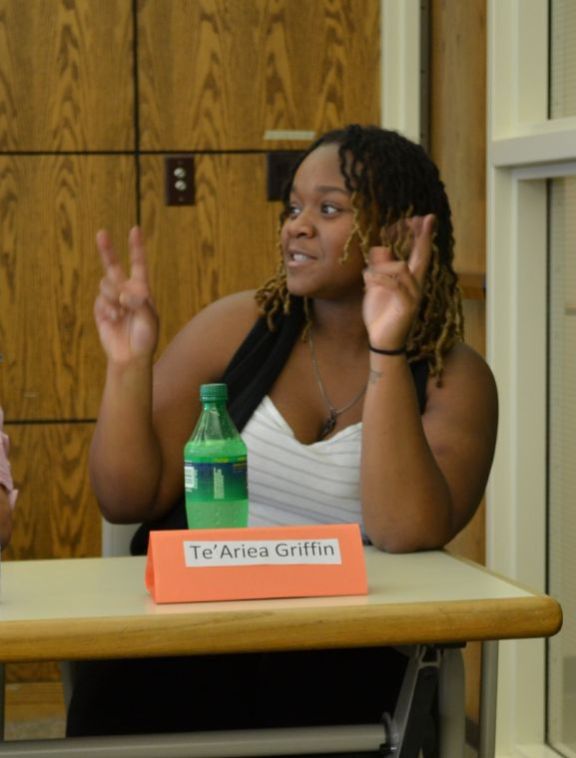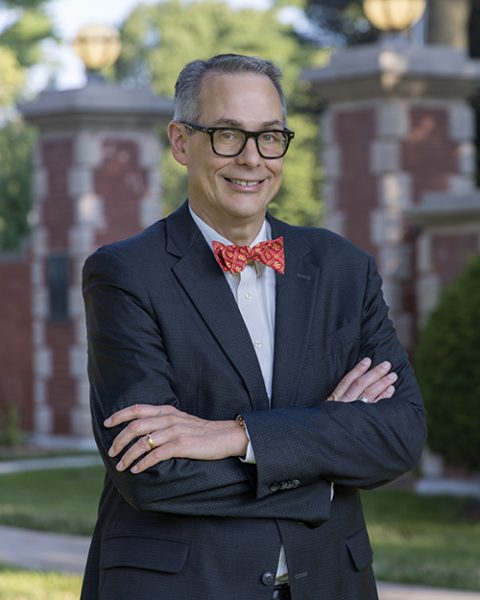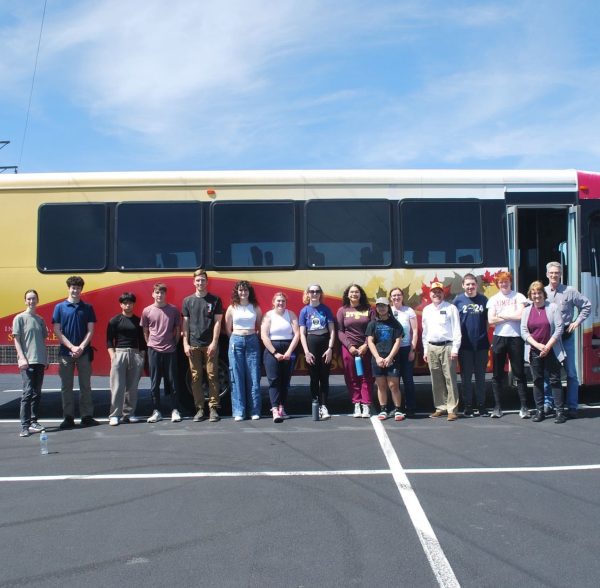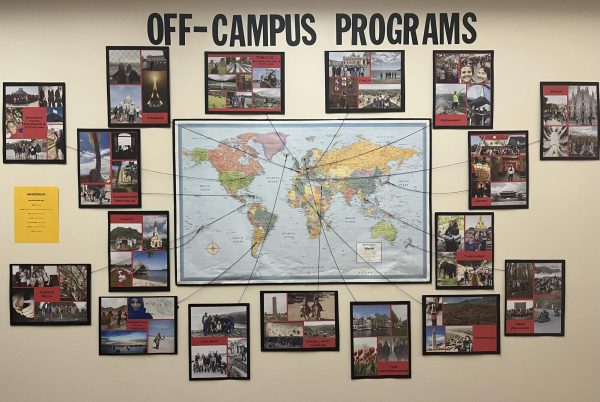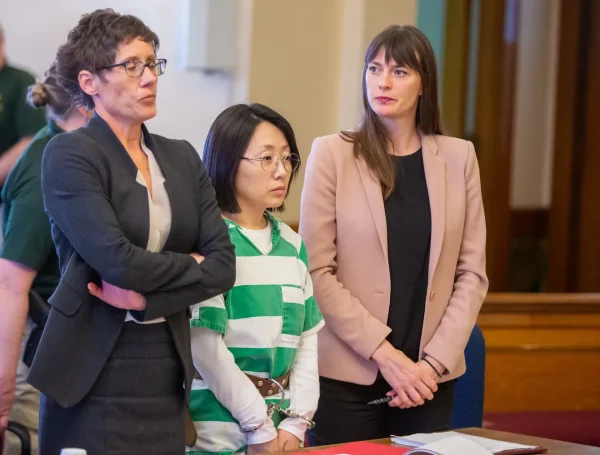Students and faculty have discussion on ethnic stereotypes
October 9, 2013
They’re two words with four syllables each – diversity and stereotypes.
The Multicultural Student Alliance’s (MSA) Challenging Ethnic Stereotypes panel discussion consisted of faculty and students from diverse backgrounds. The goal was to create a conversation about diversity and stereotypes attached to certain ethnic groups.
President Shanice Whitney began the discussion as the moderator by asking both the panel and audience members how they defined stereotypes.
Whitney provided the Merriam-Webster definition of stereotypes, which is “to believe unfairly that all people or things with a particular characteristic are the same.”
Senior Annie Fullas said stereotypes are a preconceived idea of the way people view another person or culture. Taylor Van De Krol, who is also a senior, defined stereotypes as society putting labels on people.
Academic support coordinator, Marzia Corni-Benson, said stereotypes can be positive, but are always perceived as negative descriptions.
The conversation about stereotypes led students on the panel to talk about their personal experiences.
Sophomore Ulices Flores presented his experience of being a victim to stereotypes and said he received strange looks from his teacher when he went back to his hometown during vacation.
“Teachers don’t expect you to go to school,” he said to the audience.
He cited his Latino origin as the main reason why the teacher was surprised he was pursuing a college education.
Junior Te’Ariea Griffin said she’s been asked about her hair because she’s black and said this was a common stereotype she has faced.
“They’ve asked ‘Is your hair real?’” Griffin told the audience.
Griffin said her hair has always been real.
Other topics explored were about Simpson College’s campus and how students and faculty members handle the topics of diversity and stereotypes.
The panel cited the college’s study abroad statistics as a positive reinforcement to always learn about diversity and to broaden perspectives on different cultures.
Van De Krol said he came from a conservative town near Pella, Iowa, and because he’s Caucasian, he always strives to educate himself on diversity.
“What can I do to change that bubble,” Van De Krol said to the audience about his mentality.
After the panel, some participants spoke to The Simpsonian about their motivations for putting on the event.
“(I want people to know) that it is okay to talk about diversity,” Whitney said.
Griffin said she hopes people can now realize their actions regarding diversity and stereotypes.
“I feel like people feed into stereotypes without knowing that they really feed into it,” she said. “No stereotypes are okay and that needs to be understood. No stereotypes are appropriate.
Van De Krol said as a panel speaker, he was able to showcase his experience in learning about diversity and stereotypes. However, he said the most important aspect was how it was all a learning experience.
“For me, since I’m white and a lot of campus are, I learned a lot from this panel and I was on this panel,” he said. “It’s always a sticky situation for us since a lot of people are raised with different backgrounds and they don’t necessarily know much about diversity and make these stereotypes. They don’t want to hurt people on purpose, but the fact of the matter is, they are.”
Whitney, Griffin and Van De Krol all agree that diversity is something people should embrace. Stereotypes attached to ethnicities can be fought through education, they said.
“We train kids as children to not talk about race,” Whitney said.
Griffin said she hopes the panel discussion teaches students and faculty the golden rule regarding the two four syllable words. Diversity and stereotypes need to be discussed as a democracy, she said.
“Treat people the way you want to be treated,” she said.



